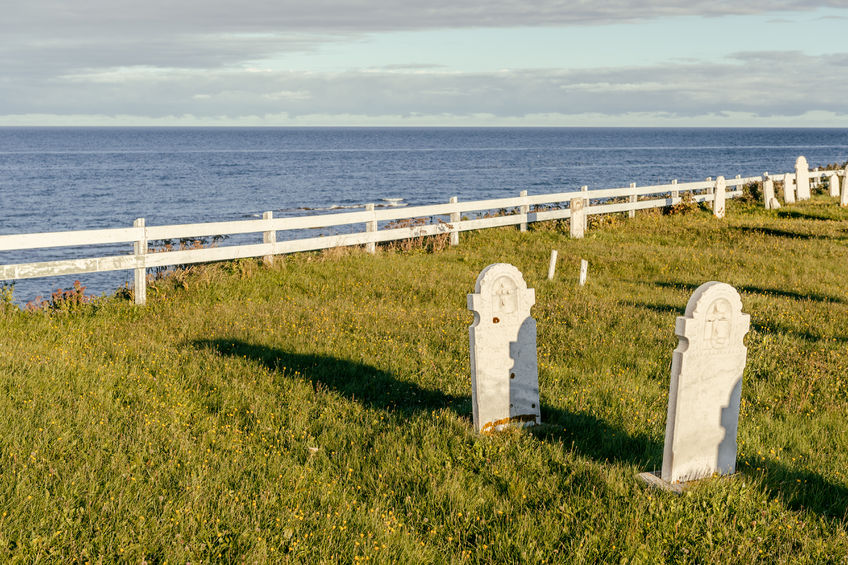He was alive on Thursday. By Friday afternoon he was gone.
What caught me off guard was not the fact that he had succumbed to his cancer, but how rapidly he had passed. When I visited his home on Thursday he was fully alive. He was completely aware of his illness and his prognosis, and how both of these impacted his function and his family who was caring for him. We talked about this, about the natural course of his cancer, and about the coming decline it would bring. We talked about the help that he would need in the coming days and made arrangements for the hospice agency to provide it.
He was worried he might be developing bedsore, so I walked him into his bedroom so I could examine him in private. I took his arm as we walked, but it did not seem he needed my help. He was out of breath from the effort, but he was not unstable or unsteady. He did not need help getting undressed, and he was able to lie down and get up without assistance. He was a sick, but he did not appear to be dying.
Appearances can be deceiving. He died 30 hours later, in his home with his daughters at his side. He was a man of strong faith, and he died at peace with himself and with his destiny. When the moment came, he was ready.
Not everyone who is dying is ready. The morning of his passing I met with other doctors to discuss the care of another dying patient, a cancer stricken man 30 years younger than my patient whose wife was not at all ready for his passing. While my patient and his family had accepted his diagnosis and the reality of his dying, acceptance was elusive for the family of the younger patient.
At the moment my patient was passing away in his home, the second patient was in the intensive care unit, unable to breath on his own, septic, and had cancer all through his body. He was comatose, malnourished and weighed only 100 pounds. He had been bedridden for months and bedsores all the way down to the bone. He was a shell of the man he had once been. All of the doctors agreed: there was no chance of survival, no chance that the patient would ever leave the hospital.
In spite of this medical certainty, the family wanted the doctors to do everything they could to keep the man alive. They wanted him resuscitated if his heart stopped, maintained on a breathing machine, and his infections treated aggressively. My meeting with the doctors was about how we could do what the family could not, allow him to die in comfort and dignity. As it against hospital policy to provide futile care, we informed the man’s wife that we would be transitioning him to comfort care (removing life support) within the next few days.
Both cases took a toll on me. I grieved the passing of my patient. He was a kind and gracious man, and I had grown to respect him and care about him. His death left me with a deep sense of loss. I also grieved with the wife of the second patient. She had never planned on losing her husband in his fifties and the idea of losing him was something she could not process. Her pain was real. I was moved to pray for her and with her, and found myself fighting back tears as we spoke. The knowledge that we had made the right decision did little to blunt the pain. Her loss was profound.
Both cases reminded me of important truths. I can’t save everybody, and when it comes to death, there is a point when I cannot save anybody. In cases like these, the most important things I do are not medical, they are personal. As a fellow human being, I can love people, be there when they need me, be kind, and speak truth.




